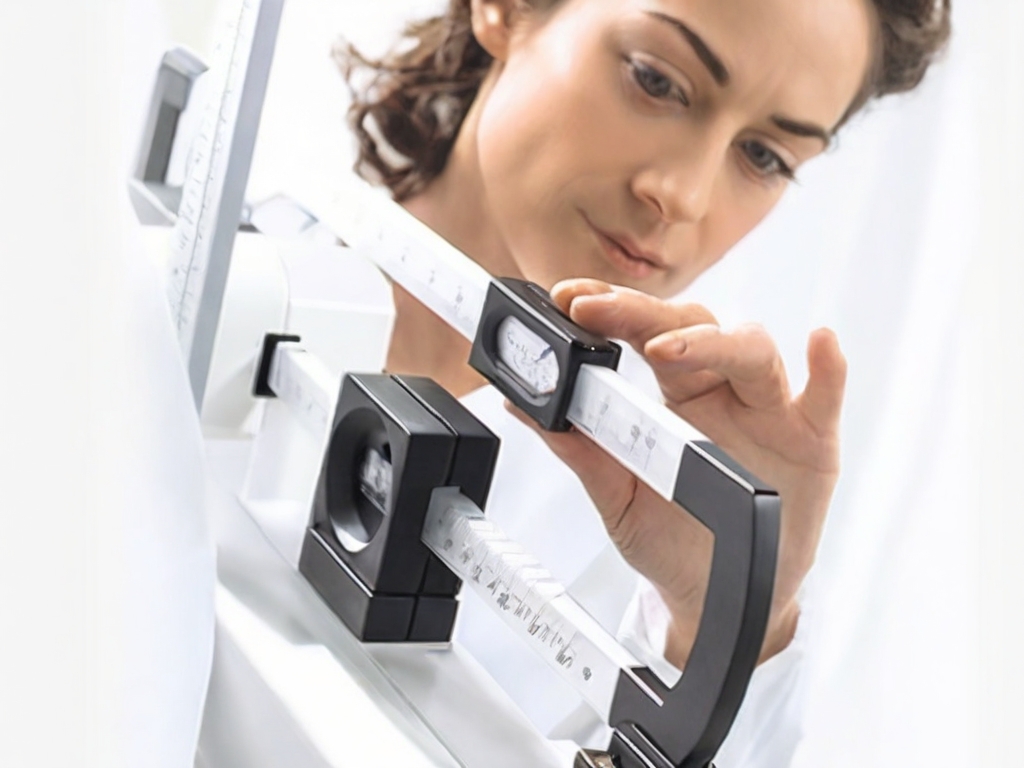Doctor Scales
Doctor scales are a critical component of medical practice, providing essential weight data that aids in diagnosis, treatment, and monitoring of patients.

The Importance of Accurate Weight Measurement
Accurate weight measurement is a fundamental aspect of healthcare. It plays a crucial role in:
- Diagnosing Health Conditions: Accurate weight data helps in diagnosing conditions like obesity, malnutrition, and fluid retention. It can also indicate potential health issues such as heart disease, diabetes, and kidney problems.
- Monitoring Treatment Progress: For patients undergoing treatment for chronic conditions, regular and precise weight measurements are essential to monitor progress and adjust treatment plans as necessary.
- Medication Dosing: Many medications are dosed based on a patient’s weight. Accurate weight measurements ensure that patients receive the correct dosage, which is vital for the efficacy and safety of the treatment.
Types of Doctor Scales
There are several types of doctor scales, each with unique features suited to different medical needs:
Balance Beam Scales
- Description: These are the classic scales found in many doctor’s offices. They consist of a platform where the patient stands and a horizontal beam with sliding weights.
- Advantages: Known for their accuracy and durability, balance beam scales do not require a power source, making them reliable in any setting.
- Usage: Ideal for routine check-ups and situations where precise weight measurement is critical.


Digital Scales
- Description: Digital scales use electronic sensors to measure weight and display the results on an LCD screen.
- Advantages: They offer quick readings, are easy to use, and often come with additional features like BMI calculation and data storage.
- Usage: Common in modern medical facilities, digital scales are used for quick and accurate measurements.
Bariatric Scales
- Description: Designed to accommodate patients with higher weight ranges, bariatric scales come with larger platforms and higher weight capacities.
- Advantages: Provide accurate measurements for heavier patients and often include handrails for added stability.
- Usage: Essential in clinics and hospitals that cater to bariatric patients.


Infant Scales
- Description: These scales are specifically designed to weigh infants accurately. They typically have a cradle or tray where the baby is placed.
- Advantages: Provide precise measurements critical for monitoring infant growth and development.
- Usage: Used in pediatric offices, hospitals, and clinics.
Features to Look For in Doctor Scales
When selecting doctor scales for a medical practice, several features should be considered to ensure they meet the needs of both healthcare providers and patients:
- Accuracy: The scale must provide precise and consistent measurements.
- Durability: Medical scales should be built to withstand frequent use and last for many years.
- Ease of Use: Scales should be easy for both patients and healthcare providers to use, with clear displays and straightforward operation.
- Capacity: The scale should accommodate the weight range of the patient population served.
- Additional Features: Some scales come with features like BMI calculators, data storage, and connectivity options for electronic health records (EHR) systems.

Precision and reliability are paramount for doctors scales in any healthcare setting. Among the many tools that healthcare professionals rely on, doctor scales hold a special place. These scales are designed to provide accurate and consistent weight measurements, which are critical for diagnosing and monitoring various health conditions. In this blog, we’ll explore the significance of doctor scales, their types, and why they are indispensable in medical settings. Whether it’s a traditional balance beam scale or a modern digital model, the accuracy and reliability of these tools are indispensable in delivering high-quality healthcare. As technology advances, doctor scales continue to evolve, offering even more features and capabilities to support healthcare providers in their mission to improve patient care.